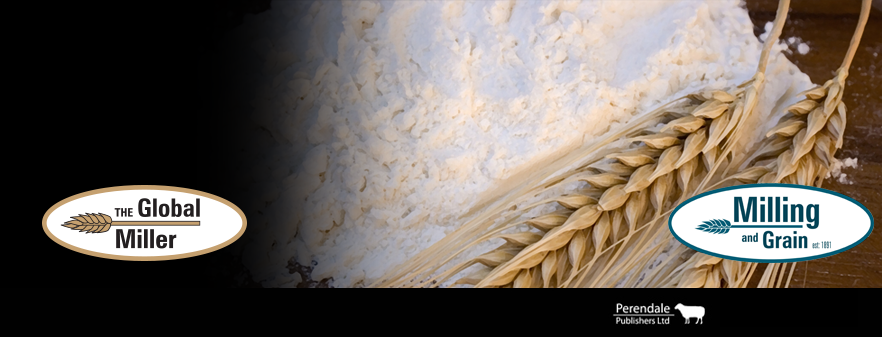The EU market requirements for feed materials, estimated at approximately 200 million tonnes/year and representing 15% of the global feed market, have started to deviate substantially from other continents because of societal and political dynamics, resulting in ever increasing constraints and specifications for our feed supply, says Ruud Tijssens, new president of The European Feed Manufacturers' Federation (FEFAC) and director of corporate affairs in Agrifirm Group, based in The Netherlands. He succeeded Patrick Vanden Avenne, who has been FEFAC’s President since 2010, in June 2013.
"These developments have a direct effect on feed security for the long-term which could undermine the EU livestock industry’s competitiveness. The EU holds very different views and standards compared to other world regions when it comes to food safety, genetic modification of crops and sustainability. At the same time, the EU remains highly dependent on imports for the supply of several critical commodities, such as protein-rich feed materials and essential minerals, e.g. phosphates.
In his Federation's e-Newsletter published today, Mr Tijssens says, "The EU feed industry is faced with an increasingly complex supply of feed materials when doing business with its trading partners, as our companies operate on the same global market with powerful upcoming markets such as China and India, who don’t demand the same specifications. The EU already lost preferential buyer status for many key exporters as a result.
"Feed business operators have to comply with very strict rules as regards EU food safety.
"This led to the situation where the EU feed industry had to deal with an aflatoxin crisis this year because a large consignment of maize from South-Eastern Europe was deemed unsuitable for feed use, though this very same batch was eventually exported and processed as cattle feed in the United States because of more lenient standards.
"In addition, increasing political and market demands for sustainable feed material supply are creating new pressures for our sector seeking to meet the societal demands. Our sector already successfully demonstrated that innovative improvements in resource efficiency go hand in hand with environmental gains.
"However, all the above-mentioned deviations create an unlevel playing field on the global market and may pose a serious threat to the competitiveness of the EU livestock industry in the long term."
He is calling on national governments and European institutions to work together with the whole EU feed and livestock chain in the current round of negotiations on Free Trade Agreements in order to secure access to the global market of feed materials.
FEFAC does recognise and support the objective laid down in the new CAP to reducing our dependency on imports by supporting Research and Development, Innovation and Investment in the local production of vegetable protein and the safe feed use of processed animal protein, including insects, and former foodstuffs.
However, the EU needs to establish a policy framework on food and feed security which identifies access to feed materials as a key strategic goal. After all, we want to maintain a sustainable livestock industry meeting societal demands, while creating added value and jobs in rural communities by taking advantage of the growing global demand for animal products, he adds.
"This led to the situation where the EU feed industry had to deal with an aflatoxin crisis this year because a large consignment of maize from South-Eastern Europe was deemed unsuitable for feed use, though this very same batch was eventually exported and processed as cattle feed in the United States because of more lenient standards.
"In addition, increasing political and market demands for sustainable feed material supply are creating new pressures for our sector seeking to meet the societal demands. Our sector already successfully demonstrated that innovative improvements in resource efficiency go hand in hand with environmental gains.
"However, all the above-mentioned deviations create an unlevel playing field on the global market and may pose a serious threat to the competitiveness of the EU livestock industry in the long term."
He is calling on national governments and European institutions to work together with the whole EU feed and livestock chain in the current round of negotiations on Free Trade Agreements in order to secure access to the global market of feed materials.
FEFAC does recognise and support the objective laid down in the new CAP to reducing our dependency on imports by supporting Research and Development, Innovation and Investment in the local production of vegetable protein and the safe feed use of processed animal protein, including insects, and former foodstuffs.
However, the EU needs to establish a policy framework on food and feed security which identifies access to feed materials as a key strategic goal. After all, we want to maintain a sustainable livestock industry meeting societal demands, while creating added value and jobs in rural communities by taking advantage of the growing global demand for animal products, he adds.
 |
| Ruud Tijssens, Director, Corporate Affairs in Agrifirm Group, The Netherlands and FEFAC's President |


No comments:
Post a Comment